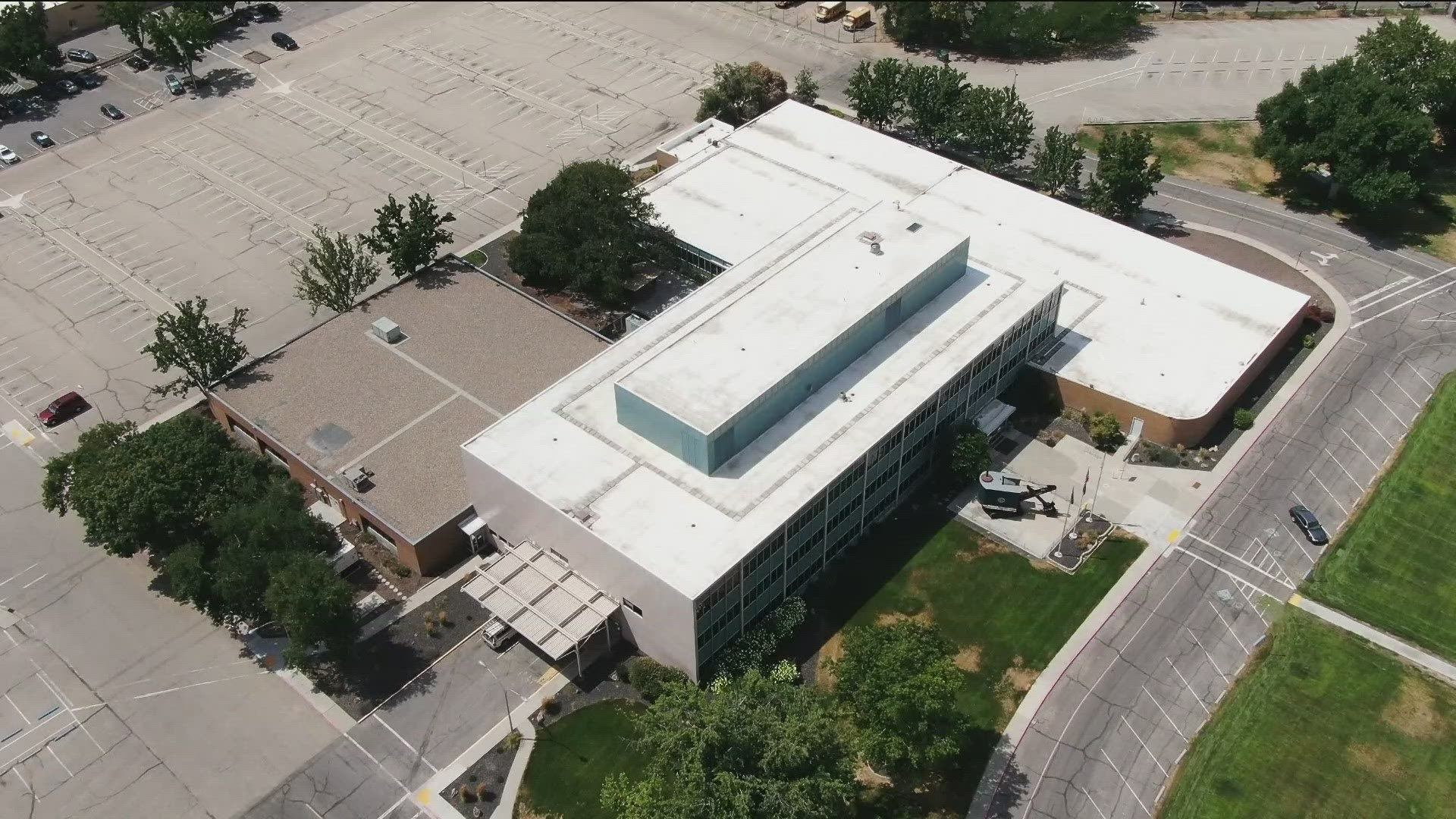BOISE, Idaho — This article originally appeared in the Idaho Press.
The bill for the Legislature’s private legal team defending the state’s abortion laws against multiple lawsuits, in addition to the defense of the laws already provided by the Idaho Attorney General’s office, has now topped a quarter-million dollars.
Taxpayers are paying the bills, which, according to records obtained under the Idaho Public Records Act, add up to $276,495 so far. Idaho House Speaker Scott Bedke and Senate President Pro Tem Chuck Winder hired Nampa attorney Daniel Bower and Las Vegas attorney Monte Neil Stewart to argue specifically on the Legislature’s behalf.
The money is coming from the Legislative Legal Defense Fund, which lawmakers created in 2012; they’ve spent nearly $10 million from the fund since then. In 2021, lawmakers deposited another $4 million in state general funds into the account. And this year, the Idaho Legislature passed a new law to specifically authorize either or both houses of the Legislature to intervene in lawsuits challenging Idaho laws, whenever they choose to do so.
In August, Winder told the Idaho Press, “The Legislature has always felt like they had the authority to do it. It was never in code. So the last legislative session put it into code.”
The speaker and Senate president pro tem have sole authority under the law to make expenditures from the fund. Winder said, “I think it was important to stand up for the laws the Legislature passed.”
Three of Idaho’s anti-abortion laws are under state or federal court challenge right now. The 2020 trigger law, which was “triggered” to take effect when the U.S. Supreme Court overturned the landmark Roe v. Wade decision, makes all abortions in Idaho, at any stage of gestation, felonies for which a doctor could face two to five years in prison. It has no health exemption. The law does permit doctors to assert an “affirmative defense” against prosecution if the abortion occurred in a case of rape or incest documented with a police report, or to “prevent the death” of the pregnant woman.
It also has no exception for non-viable pregnancies, such as an ectopic pregnancy, which can cause far-reaching health effects or threaten the woman’s life.
The U.S. Department of Justice sued the state of Idaho – the first such challenge to a state trigger law since the U.S. Supreme Court overturned Roe v. Wade in June – charging that Idaho’s trigger law conflicts with the federal law requiring hospitals to provide emergency care to patients whose health is threatened. In August, a federal judge issued an injunction partially enjoining the law from taking effect as it applies to hospital emergency rooms subject to the federal law. It’s in effect in all other circumstances.
The other two laws, which in addition to the trigger law also are under challenge in pending cases at the Idaho Supreme Court, are a 2021 law banning all abortions after six weeks, known as the “heartbeat” ban; and a Texas-style 2022 law authorizing relatives of a fetus aborted after six weeks to sue doctors or other health care providers for a minimum of $20,000 in damages. The 2022 law would permit family members of a rapist to sue, though not the rapist himself.
The most recent filing in the Idaho Supreme Court cases came on Oct. 28, when the state filed to withdraw its lead attorney in those cases, Deputy Idaho Attorney General Megan Larrondo, as she has left the Idaho Attorney General’s office. She is among a number of attorney departures the office has seen since former Congressman Raúl Labrador was elected as the next Idaho attorney general; he takes office in January.
The most recent filing in the federal court case was on Nov. 17, when Bower and Stewart filed a memo urging the court to speedily consider the Legislature’s motion to reconsider the partial injunction against the trigger law.
“The question is not whether the Court agrees with the motion for reconsideration and what that motion teaches about Idaho’s interests,” the two lawyers wrote. “The question is whether Idaho in fairness ought to have the motion resolved now.”
In September, they had filed a motion asking U.S. District Judge B. Lynn Winmill to reconsider his decision on the partial injunction, arguing that the judge had made “clear errors of law” and hadn’t properly interpreted the federal law or the Constitution.
The U.S. Department of Justice on Oct. 12 filed arguments in opposition to the Legislature’s motion for reconsideration and a similar motion from the state, arguing that the court’s decision wasn’t in error; that no new arguments are being raised by either the state or the Legislature; and that the motion is procedurally improper.
“The state and the Legislature merely seek a ‘second bite at the apple’ by rehashing arguments that they previously presented,” wrote DOJ attorney Christopher Eiswerth. “The Court’s order granting the preliminary injunction was correct. The motions’ arguments are meritless.”
This article originally appeared in the Idaho Press, read more on IdahoPress.com.
Betsy Z. Russell is the Boise bureau chief and state capitol reporter for the Idaho Press and Adams Publishing Group. Follow her on Twitter at @BetsyZRussell.
Watch more Local News:
See the latest news from around the Treasure Valley and the Gem State in our YouTube playlist:
Download the KTVB mobile app to get breaking news, weather and important stories at your fingertips.



